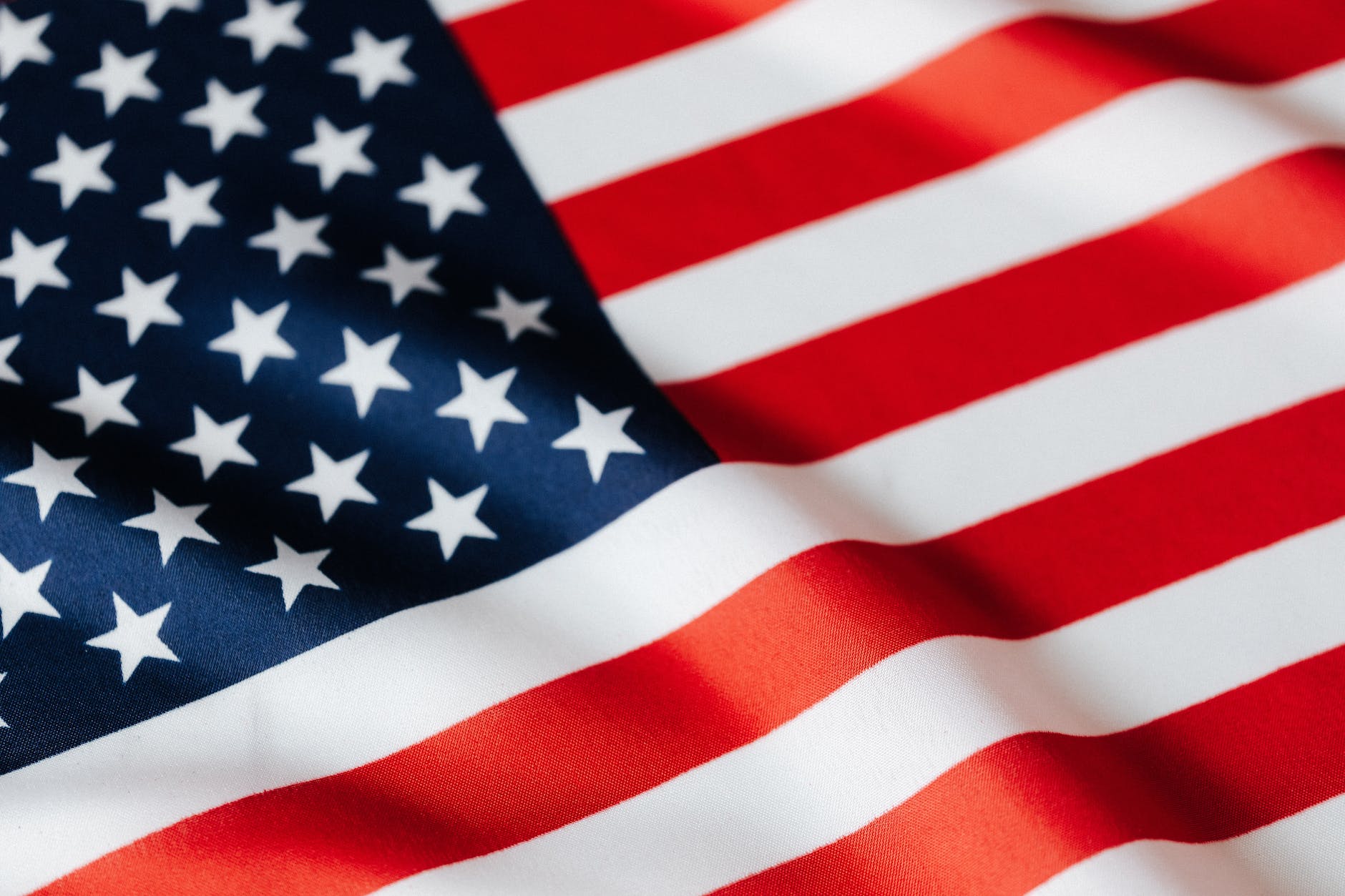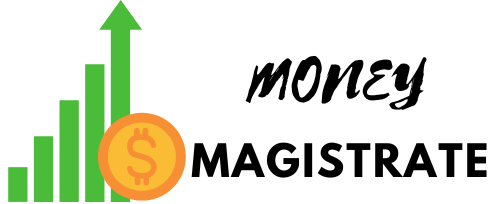Introduction of the UW Credit Union

Headquartered in Madison, Wisconsin, The University of Wisconsin Credit Union (doing business as UW Credit Union) is a federally insured, member-owned, not-for-profit financial institution committed to the financial well-being of its members.
As of September 2018, UW Credit Union has more than 250,000 members with $2.7 billion in assets and is the fourth largest credit union in the state of Wisconsin.
UW Credit Union currently operates about 26 full-service branches in Madison, Milwaukee, Whitewater, Green Bay, La Crosse, Oshkosh, and Stevens Point, Wisconsin. It also provides over 100 surcharge-free ATMs in Wisconsin.
UW Credit Union provides a number of varied financial services, including educational loans, mortgages, consumer loans, checking, savings and investment products, and credit and debit cards.
UW Credit Union also provides the following electronic services: Web Branch (online banking), online bill payment, TouchTone Teller phone service, direct deposit, and ATMs.
History of the UW Credit Union

In 1931, Professor John R. Commons and many of his colleagues were investigating policy solutions to address the needs of Wisconsin residents for affordable consumer credit.
University of Wisconsin President Glenn Frank maintained a continuing friendship with Edward Filene, who is considered the father of the U.S. credit union movement.
Frank had been an employee of the William Filene’s Sons Company in Boston earlier in his career and had worked closely with Edward Filene. Frank, either on his own or prompted by his faculty, telephoned Filene in March 1931 to request that informative materials about credit unions be sent “at once.”
On April 1, 1931, when the materials didn’t arrive, Frank sent a Western Union Telegram to Filene, reminding him of the urgent need for the materials.
As a result, Filene dispatched a telegram to an associate that same day, which said, “Please get in touch with President Glenn Frank immediately by telephone and supply him with information and materials regarding the credit union situation in the Wisconsin Legislature.”
With both the University of Wisconsin President and a number of its most notable economics professors interested in the potential for credit union organizations to improve the financial situation for Wisconsin consumers, it didn’t take long for a number of Commons’ academic colleagues to see the benefits that a credit union organization might bring to their community.
With the encouragement of their colleagues, seven members of the university community organized themselves to form a university-based credit union.
These seven signed a charter application on June 1, 1931, to establish the University of Wisconsin Faculty Credit Union. After review and approval by the Commissioner of Banking, the charter was issued, and the credit union began operations on September 29, 1931.
Over the past 88-plus years, UW Credit Union has welcomed thousands of members to the credit union, extended service to the entire community of the University of Wisconsin System, and today serves anyone from the immediate community that has a need for its services.
While years ago the organization’s moniker was simplified to UW Credit Union, the credit union operates as the same non-stock corporation, conducting business under the original cooperative credit union charter issued in 1931.
The First Credit Committee Members’ of the UW Credit Union

- HELEN CLARKE
Professor of Social Work
Professor Clarke was known as a pioneer of social work education and is given considerable credit for the establishment of the School of Social Work at the University of Wisconsin in 1946. She wrote a number of important publications, with her first major work, Social Legislation, published in 1940 and a second edition in 1957. Beginning in 1936, Clark served for several years on the credit union’s Board of Directors.
- ALICE SHOEMAKER
Honorary Scholar
The Summer School for Industrial Workers Program was brought to Madison by Professor of Economics Don D. Lescohier in 1924. This highly innovative program was among the first in the nation. In 1928, Shoemaker became the school’s executive secretary and field agent. When Lescohier stepped down from the program in 1929, he recommended that Shoemaker run the school. Shoemaker continued handling all executive matters of the school under the supervision of a faculty advisory committee, which included John R. Commons. In 1939, Shoemaker left to take a position with the U.S. Department of Labor. Throughout her career, she demonstrated concern for fair treatment and the educational needs of working people.
- C.W. THOMAS (1901-1981)
Assistant Professor of English
Charles Wright Thomas was Assistant Professor of English at the University of Wisconsin and University Extension from 1928 to 1941. He was active in campus affairs, serving on committees related to curriculum development. In 1930, he served on an important committee charged with increasing both freshman scholarships and access to electives. In addition, he served as a member of the Teacher’s Placement Bureau and was also active in the Wisconsin Teachers Federation. In 1941, C. W. Thomas left the university to work at the Department of State and later at the Board of Economic Warfare in Washington, D.C.
Motto of the UW Credit Union
The motto of the UW Credit Union is…
“Your best interest always comes first.“
With 28 full-service branches in Wisconsin, we provide on-site financial services in the campus communities of Madison, Milwaukee, Whitewater, Green Bay, Oshkosh, Stevens Point, and La Crosse.
The Credit Union manages more than 100 surcharge-free ATMs in Wisconsin and belongs to the Alliance One ATM network, which has thousands of surcharge-free ATMs throughout the U.S. Through Web Branch and its mobile application, the credit union serves its members all over the world.
UW Credit Union Routing Number
The routing number of the UW Credit Union is 275979076.

Working Hours of the UW Credit Union
The hours of operation at UW Credit Union are as follows:
Monday to Friday
08:00 am to 05:30 pm CT
On Saturday,
09:00 am to 01:00 pm CT
How is UW Credit Union governed?

The Board of Directors appoints the credit union president, who is the chief executive officer and who supervises the credit union’s daily operations.
The Board of Directors is sanctioned responsible by statute, articles of incorporation, and bylaws for the comprehensive direction of UW Credit Union’s undertakings and administration.
The board carries out this entrusted accountability by meeting monthly to churn out a guiding policy and keep track of the performance of management. In addition to that, standing committees customarily meet to anchor the devised plan and monitor board policy.
Corporate Governance of the UW Credit Union
The UW Credit Union is a member-owned cooperative business organization that is solely governed by a Board of Directors.
The nine-member board consists of functioning UW Credit Union members who are elected by partner members through a democratic election method.
Every member who meets capability requirements designated by UW Credit Union’s bylaws is eligible to vote in the annual election, and every eligible member is given one vote without pondering the amount of funds they have reposed with the credit union.
Independent Auditing
The Audit Committee of the UW Credit Union includes one board member and four other active credit union members. This committee meets in a periodic manner with management and internal and external auditors to scrutinize the parameters of financial reporting, tractability with internal accounting controls, and the kind, magnitude, timing, and results of audits and examinations.
The committee also prescribes an independent, certified public accounting firm that annually audits the UW Credit Union’s financial statements.
Other Safeguards
The UW Credit Union is a state-chartered, federally insured financial institution. The Wisconsin Department of Financial Institutions’ Office of Credit Unions is entrusted with the responsibility to conduct periodic examinations of the UW Credit Union.
These examinations ensure that UW Credit Union is complying with regulatory statutes and capital requirements and confirm that it is looking after its assets.
The National Credit Union Administration, a federal agency, also ensures periodic examinations to assure the inviolability and shrillness of the National Credit Union Share Insurance Fund.
Community Involvement of the UW Credit Union
Environmental Protection

UW Credit Union’s core is to strive to do what is in the best interest for its members, for the community and for the planet. That implies purchasing green power. It means improving energy adeptness. It means accomplishing inventive policies that engage members and employees in its efforts to have a indisputableimpact on the environment.
UW Credit Union has been acknowledged nationally as a pioneer in environmental sustainability, and its engagement with the environment encompasses every aspect of the organization.
Various initiatives undertaken by the UW Credit Union in this regard are as follows:
- Energy Efficiency
The Credit Union adheres to the LEED certification guidelines for all new construction and remodeling projects. They have even installed motion detector lights, high-efficiency boilers, pumps and chillers, use low VOC paints, etc. They have a company-wide initiative to reduce electricity usage in the summer months.
- Renewable Power
They acquire a proportionate 100 percent of community branch network electricity from renewable reserves, such as wind power developed regionally in the Midwest.
They have been an EPA Green Power Partner since 2011 and achieved the EPA Green Power Leadership Club designation in 2013, becoming the first credit union in the nation and the eighth Wisconsin company to reach this distinction.
- Water Reduction
All new and remodeled buildings redirect water runoff from roofs and parking lots to bio-retention basins and subterranean infiltration beds, reducing the need for irrigation.
- Saving Trees
They have drastically cut down on paper consumption by converting paper forms and records to electronic versions.
- Recycling Materials
In addition to its comprehensive recycling program, they recycle or donate all of our unneeded office furniture, cabinetry, desks, lighting and more.
- Sustainable Investments
Assets of the UW Credit Union are used to meet member credit needs for a home purchase, educational financing, making home improvements, and other requests.
Any funds not loaned out to members are held in an investment portfolio consisting primarily of securities guaranteed by the U.S. government and their agencies.
Given the type of business, they do not straightforwardly make loans or engage in multi-institutional lending transactions providing credit for the extraction or holding of fossil fuel assets, and their investment portfolio also does not include the securities of companies involved in these business lines.
- Green Transportation
To reduce the number of cars on the road, they encourage their staff to bicycle, carpool, or take public transportation to work. They provide free bus passes to employees and have partnered with Madison B-Cycle to give employees free access to the program and a discounted rate for members.
Their investment in the latest technology also helps all of its members save on car trips to ATMs and its branches.
- The Green Team
The Credit Union is always making every effort to do better, and this group of dedicated UW Credit Union employees identifies and implements projects and promulgates sustainability topics to the squad. They celebrate Earth Month annually, as well as hold a company-wide alternative transportation awareness event.
Scholarship Program

The UW Credit Union has a long history of community support through efforts that positively impact quality of life. UW Credit Union’s Community Values Scholarship Program provides college scholarships to students who are committed to their community.
The scholarship acknowledges individuals who share the UW Credit Union’s pledge to make the communities stronger and better places to live.
- Awards
Five scholarships in the amount of $3,000 each will be bestowed upon new and returning undergraduate college students. Half of the scholarship funds will be directly deposited to the student’s tuition account first semester, with the remaining half deposited for second semester.
Appraisal by the UW Credit Union Community Values Scholarship Committee takes place annually in April, and scholarship applicants are informed via mail with results in May.
- Eligibility
Applicants must be recent or returning full-time undergraduate students enrolled in a UW System school, Madison College or Edgewood College in the fall of the application year.
Applicants must be associated with the UW Credit Union for at least 6 months from application deadline, either individually or joint on an account with a parent or guardian, and their account must be in good standing health.
UW Credit Union employees and their family members are not capable of applying. UW Credit Union Board members and volunteers, as well as their family members, are also not suited to apply.
Previous recipients of the Community Values Scholarship are not in the running to apply under this scheme.
- Criteria
The applicants must have exhibited a craving to their community through volunteerism, community-centered assignment and/or school activities.
Contact the President of UW Credit Union

President@uwcu.org
UW Credit Union President
P.O. Box 44963
Madison, WI 53744-4963
Present Management of the UW Credit Union

Executive Management
- Paul J. Kundert
President & Chief Executive Officer
- Brad D. McClain
Chief Financial Officer
- Mike A. Long
Chief Credit Officer
- Lee A. Wiersma
Chief Human Resources Officer
- Rob A. Van Nevel
Chief Member Solutions Officer
- Jon D. Bundy
Chief Legal Officer
- Anne Norman
Chief Marketing Officer
Board of Directors
- Steven W. Rick, Chair
- Marion F. Brown, Vice Chair
- Kelly C. Wilson, Treasurer
- Jeffrey S. Russell, Secretary
- Shenita Brokenburr
- Michael W. Carr
- J. Michael Collins
- Phyllis M. King
- Terry D. Warfield
Director Emeritus
- Yvonne M. Evers
- Ernest I. Hanson
- Ann A. Hoyt
- Tad B. Pinkerton

